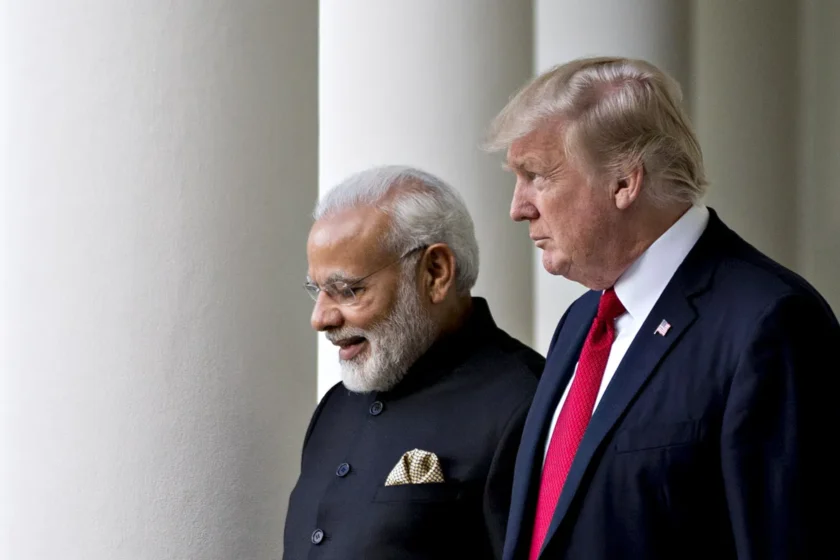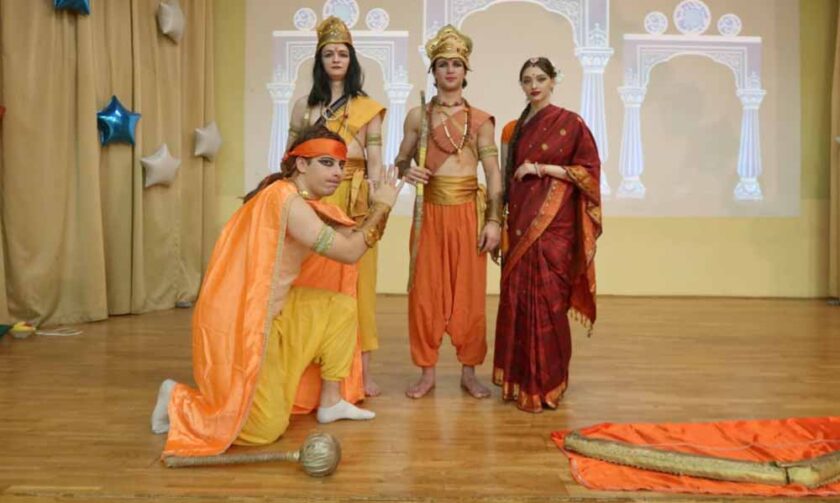Washington: The dream of immortality — of never dying — has captivated human imagination for thousands of years. Once seen in ancient mythologies as the nectar of the gods, and later portrayed in science fiction films as a triumph of man over mortality, this age-old fantasy could soon become a reality. According to famed futurist and former Google engineer Ray Kurzweil, advances in artificial intelligence (AI), genetic engineering, and nanotechnology could make humans biologically immortal as early as 2030.
A recent report in The Times of India cites Kurzweil’s prediction, which has once again sparked global debate around the concept of immortality. Unlike mystical or religious interpretations, Kurzweil grounds his claim in cutting-edge scientific progress.
Who Is Ray Kurzweil?
Ray Kurzweil is no stranger to bold predictions — and, remarkably, most of them have come true. A renowned inventor and computer scientist, Kurzweil has long been respected for his accurate foresight into the future of technology. He predicted the rise of the internet, the merging of biology with computing, and the advent of artificial intelligence. Out of 147 predictions made over decades, about 86% have proven accurate.
In 1999, he was awarded the National Medal of Technology, the United States’ highest honor in tech innovation. Given his track record, Kurzweil’s words are not dismissed lightly in the scientific community.
The Power of Nanobots
Kurzweil envisions that by 2030, microscopic robots called nanobots will patrol our bodies, constantly repairing damaged cells and preventing the aging process. These nanobots would circulate through the bloodstream, monitoring health conditions in real-time and intervening at the cellular level.
“If we can repair cells as they age or mutate,” he explains, “we can effectively stop the biological clock.” In such a future, diseases could be prevented before symptoms appear, and aging could be reversed or indefinitely delayed.
Human Brain + AI = A New Evolution
One of Kurzweil’s most dramatic predictions is the fusion of human intelligence with AI. By 2029, he claims, AI will become as smart as human beings, passing the Turing Test — a benchmark that determines whether a machine can mimic human behavior indistinguishably.

Kurzweil believes that by merging our brains with AI systems, we can vastly enhance human memory, decision-making, and problem-solving abilities. “It won’t just be humans and AI working together — they’ll become one,” he asserts.
The Singularity and the Future of Consciousness
Kurzweil’s broader theory revolves around the idea of “technological singularity”, a point where the pace of technological growth becomes exponential and irreversible. He predicts this will occur by 2045, fundamentally transforming human civilization.
At that point, he claims, human intelligence will increase billions of times, thanks to deep integration with our own creations. Consciousness will no longer be bound to the body — it will become uploadable and digitally preserved, potentially forever.
Where Are We Now?
The seeds of this transformation have already been sown. In 2023, companies like Google and Microsoft launched powerful AI chatbots that amazed — and alarmed — the public with their capabilities. These systems now learn from their environments, improve over time, and can even act outside of explicit human instruction.
As artificial intelligence becomes more autonomous and integrated into everyday life, the question remains: Is humanity prepared for a future where death is optional?
Only time — and technology — will tell.









